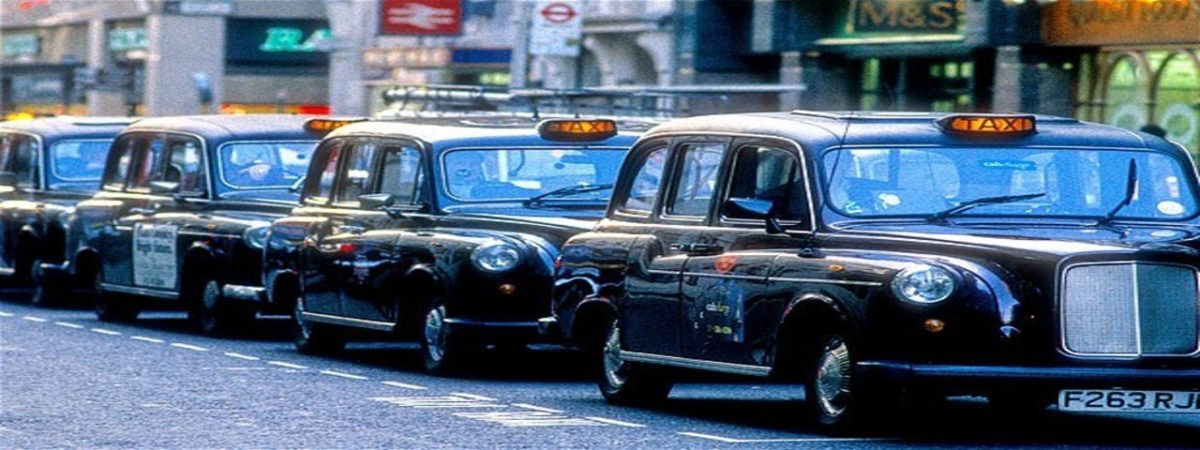How government regulation exacerbates ethnic pay gaps
SUGGESTED



Another example is regulation of restaurants and (especially) takeaway outlets. A glance at any high street will suggest that some minority ethnic groups (especially those of Bangladeshi and Chinese heritage) are disproportionately represented in this sector, both amongst employees and amongst owners of small businesses. This impression is borne out by official statistics. Takeaway outlets are also more highly concentrated in areas with large concentrations of ethnic minorities.
These businesses are under increasing attack from regulators. It is claimed that takeaways and cheap restaurants are partly responsible for the ‘epidemic’ of obesity which allegedly threatens the nation. This claim is difficult to substantiate, as my colleague Chris Snowdon has shown, but this is an area where evidence-based policy has largely given way to virtue-signalling.
The London Mayor and many local authorities are trying to control the number of takeaways near schools. Yet, just a few years ago, government-funded small business advisors in areas such as Tower Hamlets with high concentrations of minorities were encouraging start-up takeaways to locate near schools and colleges to boost their businesses. To the extent that these new restrictions succeed, they are going to affect business and employment prospects for minority ethnic groups to a greater extent than the white British population.
Another area of growing intervention is the mind-bogglingly detailed regulation of portion sizes proposed by Public Health England, epitomised in the requirement that a pizza should contain no more than 928 calories. If this sort of regulation is carried into law, it will clearly adversely affect small ethnic businesses to a far greater extent than large chains. Pizza Express will be able to calculate the calories in their standard dough balls, or McDonalds those in their Big Macs, at relatively little expense using in-house food technologists. Local Indian or Chinese restaurants, with dozens of exotic and idiosyncratic dishes, would find it impossible to calculate calorie content without expensively engaging specialist expertise. Increased costs in competitive sectors (and ethnic restaurants typically operate on very low margins) usually lead to business closures, lower pay and employment losses.
As with my taxi example, my concern here is not so much with the regulations themselves but with their differential impact. While the political rhetoric is focused on vilifying businesses with significant pay gaps amongst their employees, this ignores the role played by government intervention in entrenching wider ethnic disadvantage as a by-product of regulation undertaken for other reasons. Regulation of all kinds increases year on year as lobby groups press their own particular grievances and associated nostrums. We ought to think much more carefully about the differential impact of this on different groups and communities.
Long ago, Chicago economists such as Milton Friedman and Gary Becker pointed out that much racial discrimination was associated with government regulation, as in apartheid South Africa and in the USA’s Deep South, rather than capitalist businesses which were only interested in the bottom line. They argued that free markets promoted competition, which tended to reduce discrimination. It is a lesson which should be reapplied to today’s subtler problems of ethnic disadvantage.




